Whole-exome sequencing
Recent articles
African genetics study NeuroDev shares initial findings
The most comprehensive study of neurodevelopmental conditions in Kenya and South Africa ever conducted shares preliminary results and lessons.
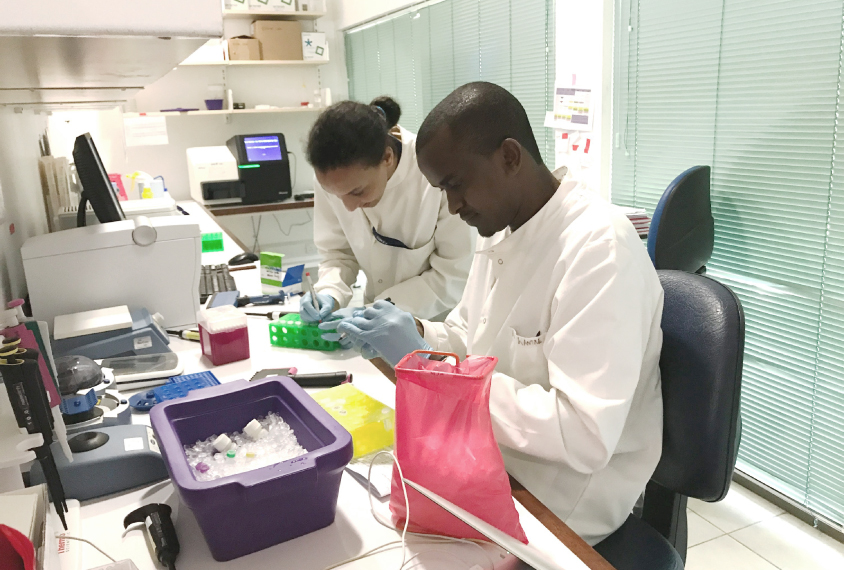
African genetics study NeuroDev shares initial findings
The most comprehensive study of neurodevelopmental conditions in Kenya and South Africa ever conducted shares preliminary results and lessons.
X-chromosome variants help explain autism’s sex bias
The rare variants are also linked to ADHD and Tourette syndrome, two other conditions that disproportionately affect boys and men.
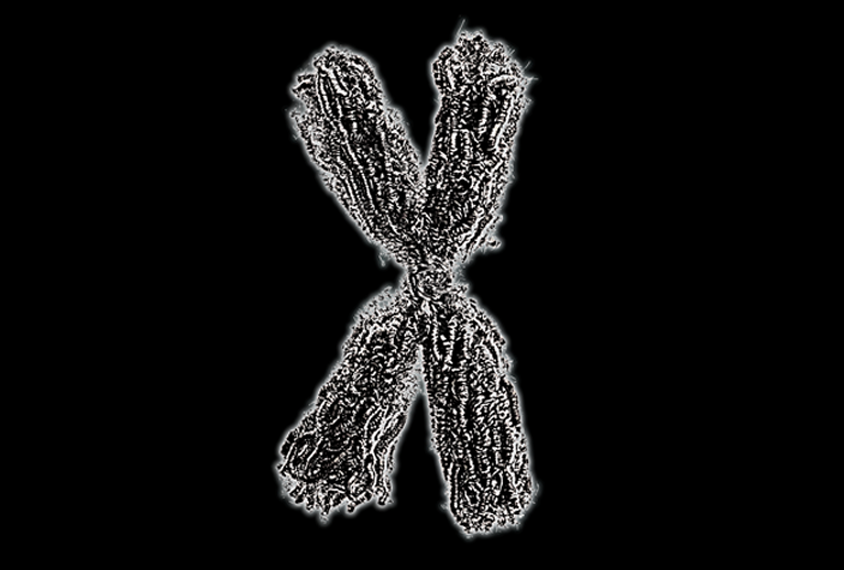
X-chromosome variants help explain autism’s sex bias
The rare variants are also linked to ADHD and Tourette syndrome, two other conditions that disproportionately affect boys and men.
Scans of sundry variant types uncover autism-linked genes
Troves of sequencing data reveal genes tied to autism through different variant types, providing a more complete picture of the condition’s genetic roots and new clues to its heterogeneity.

Scans of sundry variant types uncover autism-linked genes
Troves of sequencing data reveal genes tied to autism through different variant types, providing a more complete picture of the condition’s genetic roots and new clues to its heterogeneity.
Macaques’ social skills tied to variation in autism-linked genes
Genetics strongly influences some aspects of the monkey’s social behavior, including tendencies to solicit grooming and sit or play alone.
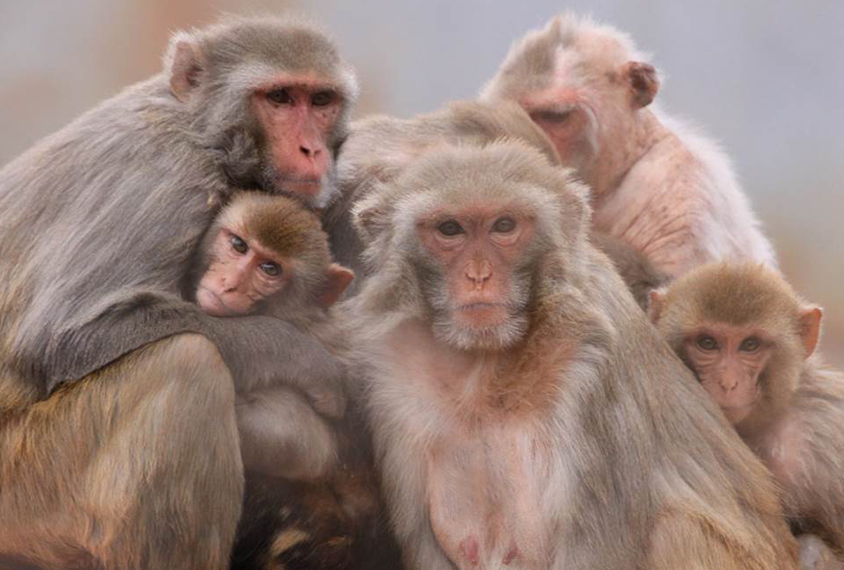
Macaques’ social skills tied to variation in autism-linked genes
Genetics strongly influences some aspects of the monkey’s social behavior, including tendencies to solicit grooming and sit or play alone.
Q&A with Brenda Finucane: Building pipelines for genetic tests for autism
Most autistic people do not receive the medically recommended genetic tests for autism. Brenda Finucane and her colleagues want to change that.

Q&A with Brenda Finucane: Building pipelines for genetic tests for autism
Most autistic people do not receive the medically recommended genetic tests for autism. Brenda Finucane and her colleagues want to change that.
Autism genetics, explained
The more scientists dig into DNA, the more intricate its contribution to autism seems to be. Here, we unravel the complex genetics of autism.
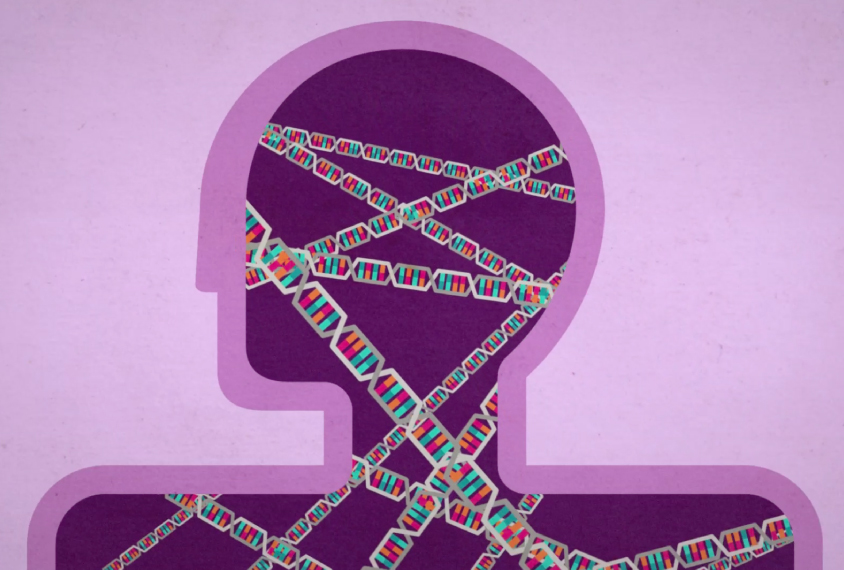
Autism genetics, explained
The more scientists dig into DNA, the more intricate its contribution to autism seems to be. Here, we unravel the complex genetics of autism.
Genes tied to autism, developmental delay, schizophrenia share functions
Many genes linked to autism, schizophrenia and neurodevelopmental delay regulate gene expression and support communication between neurons.
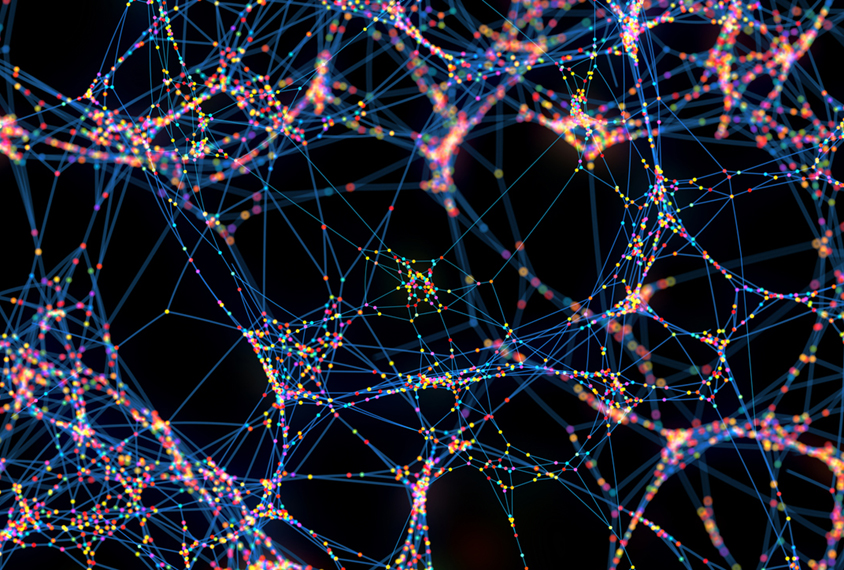
Genes tied to autism, developmental delay, schizophrenia share functions
Many genes linked to autism, schizophrenia and neurodevelopmental delay regulate gene expression and support communication between neurons.
Largest autism genetics analysis to date uncovers more high-confidence candidates
The largest-yet study of genetic data from autistic people has identified 255 genes associated with the condition.
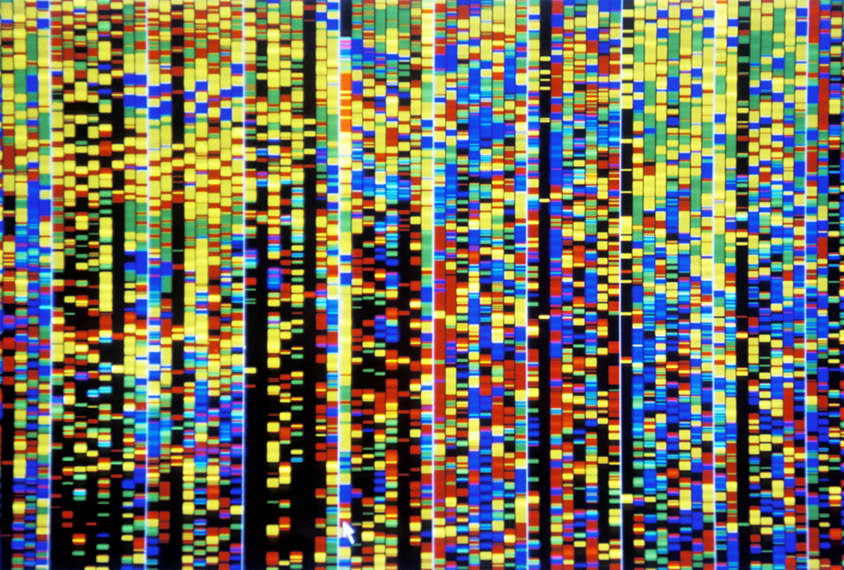
Largest autism genetics analysis to date uncovers more high-confidence candidates
The largest-yet study of genetic data from autistic people has identified 255 genes associated with the condition.
There are no autism-specific genes, just brain genes
There is not yet a single example of a gene that, when mutated, increases the likelihood of autism but not of other neurodevelopmental conditions, including intellectual disability.
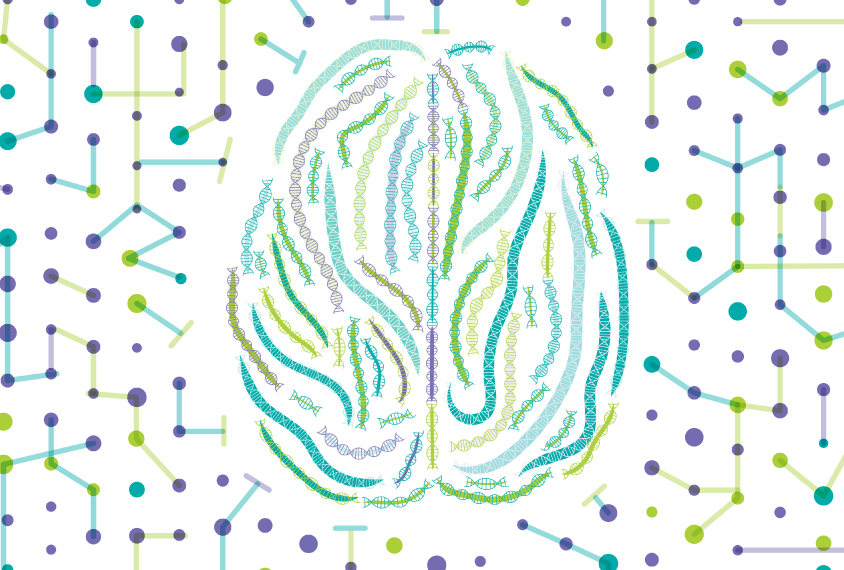
There are no autism-specific genes, just brain genes
There is not yet a single example of a gene that, when mutated, increases the likelihood of autism but not of other neurodevelopmental conditions, including intellectual disability.
Analysis links 98 genes to neurodevelopmental conditions
Genetic sequences from nearly 53,000 people with autism, developmental delay or intellectual disability reveal strong ties to 98 genes.
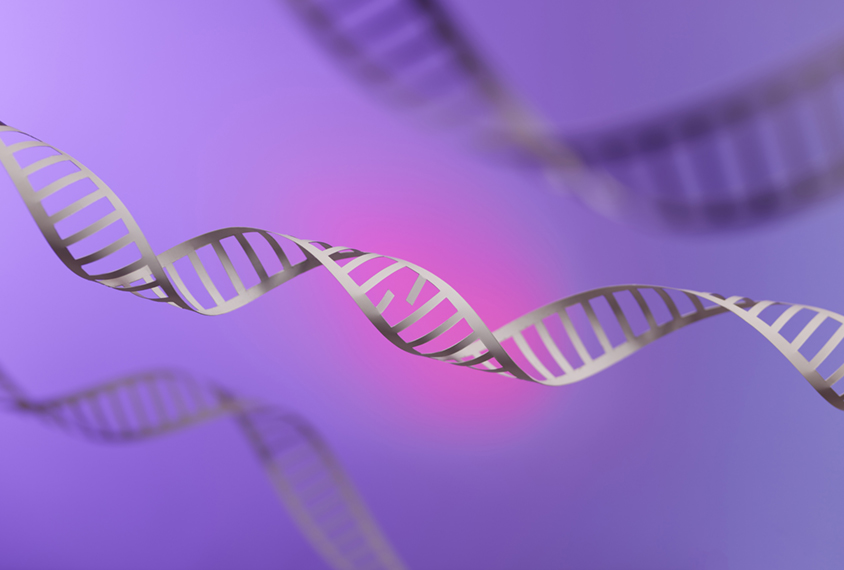
Analysis links 98 genes to neurodevelopmental conditions
Genetic sequences from nearly 53,000 people with autism, developmental delay or intellectual disability reveal strong ties to 98 genes.
Explore more from The Transmitter
Sensory profiles in autism, and more
Here is a roundup of autism-related news and research spotted around the web for the week of 19 January.
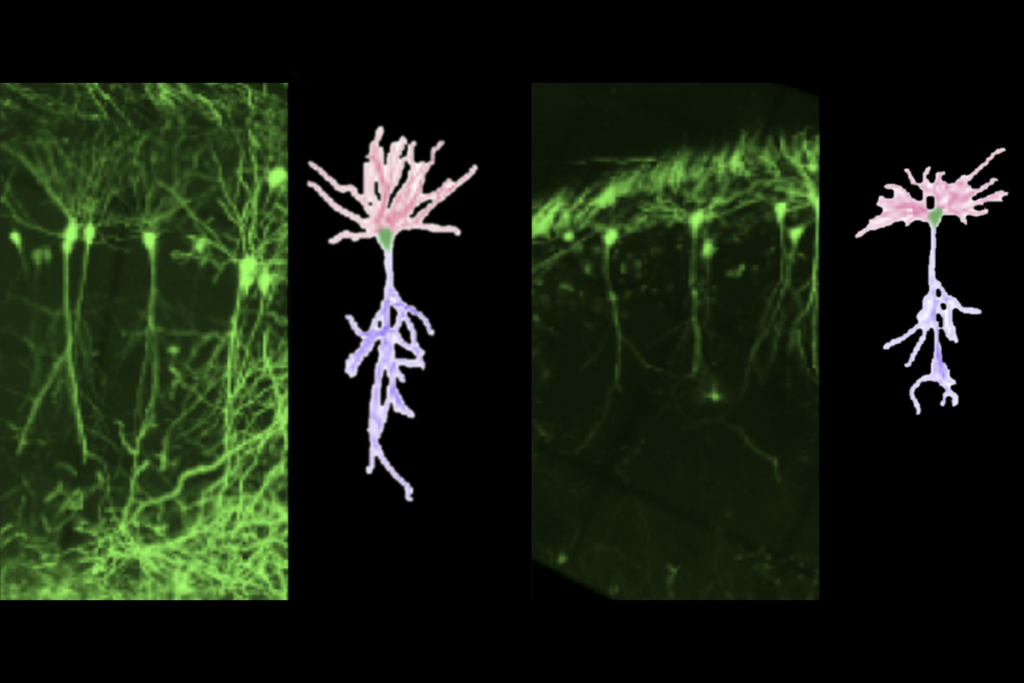
Sensory profiles in autism, and more
Here is a roundup of autism-related news and research spotted around the web for the week of 19 January.
Frameshift: At a biotech firm, Ubadah Sabbagh embraces the expansive world outside academia
As chief of staff at Arcadia, Ubadah Sabbagh gets to do science while also pushing the boundaries of how science gets done.

Frameshift: At a biotech firm, Ubadah Sabbagh embraces the expansive world outside academia
As chief of staff at Arcadia, Ubadah Sabbagh gets to do science while also pushing the boundaries of how science gets done.
How to collaborate with AI
To make the best use of LLMs in research, turn your scientific question into a set of concrete, checkable proposals, wire up an automatic scoring loop, and let the AI iterate.

How to collaborate with AI
To make the best use of LLMs in research, turn your scientific question into a set of concrete, checkable proposals, wire up an automatic scoring loop, and let the AI iterate.